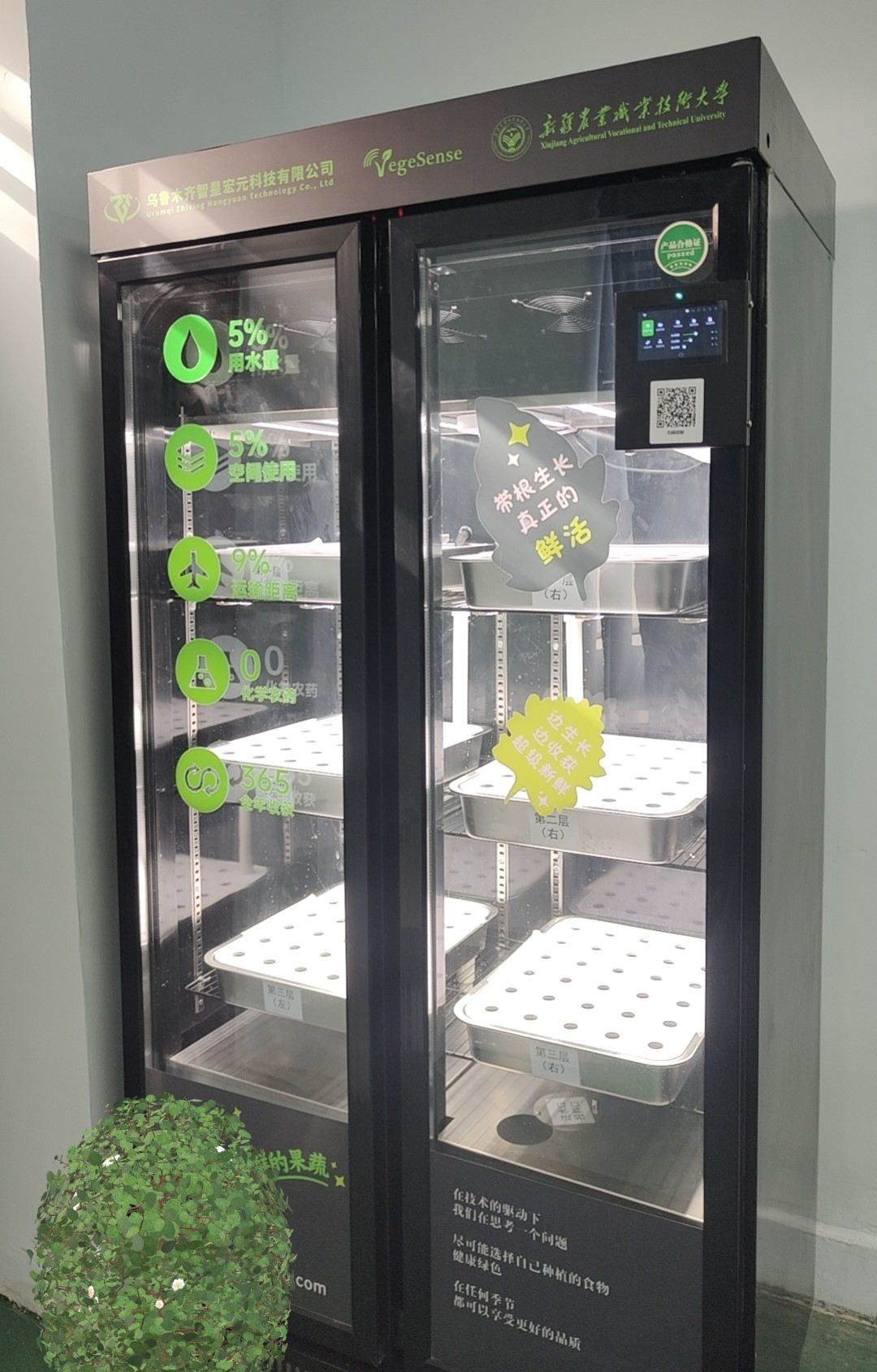The rapid advancement of artificial intelligence (AI) technology is profoundly reshaping our lifestyles and work paradigms, positioning this innovation as the "master key" for the next generation. Education stands at the forefront of this transformative wave, particularly in promoting AI literacy. Recently, China's Ministry of Education issued a Notice outlining a national initiative to achieve universal AI education integration across primary and secondary schools by 2030. This visionary move not only equips urban students with cutting-edge developmental opportunities but also opens a transformative "window to technological empowerment" for rural learners, symbolizing a critical step toward bridging the urban-rural education resource divide.
In 2025, under a collaborative mechanism jointly orchestrated by government guidance, corporate synergy, and school co-construction, Bashiyangduma Village Primary School in Luopu County's Duolu Township, Xinjiang, successfully established an AI-powered smart classroom. Our company played a pivotal role in this initiative through comprehensive planning, design, and resource coordination, delivering an integrated teaching solution that merges VegeSense Smart Mini-Farm technology with artificial intelligence education. By implementing a three-dimensional support model—hardware donations, curriculum development, and teacher training—we created an experiential platform for rural youth to bridge AI technology with localized industrial needs, fostering hands-on innovation at the grassroots level.

In this collaboration, university-industry partners co-developed a curriculum themed on "AI-Smart Agriculture Integration", merging artificial intelligence with agricultural practices. During the event, experts introduced students to AI's applications in daily life and academic settings, demonstrating the use of cutting-edge AI software. Through hands-on programming exercises, students controlled irrigation schedules, leveraged data analytics to optimize crop growth cycles, and grasped technical principles like machine learning and sensor operations within authentic agricultural scenarios. This immersive learning model not only addresses the critical gap in rural AI education—overemphasis on theory and lack of practical training—but also pioneers an innovative pathway of "classrooms linked to farms, code serving industries." By integrating educational resources with local agricultural needs, the initiative cultivates a new generation of tech-savvy agricultural innovators, effectively sowing the seeds for rural revitalization through technology.
后续阶段,VegeSense智慧微农场通过模拟新疆的气候条件,结合新疆干旱少雨的特点,可推出“节水灌溉AI算法优化”定制实践课程,结合本地蔬果种植经验,利用AI工具对比传统经验与数据模型的差异,推动科技本土落地化。同时,通过模拟智慧农业场景、学生实践过程记录,未来其成果可反向输出给当地农户,助力科学种植,为乡村产业数字化储备人才。
Future Vision: From "Single Classroom" to "Rural Innovation Ecosystem"
he implementation of VegeSense Smart Mini-farms represents more than just an upgrade to individual classrooms—it can evolve into a "technology incubation hub" that radiates impact across entire regions.
- Horizontal Scaling: Systematize the Luopu County model into standardized curriculum packages and modular hardware kits for rapid deployment across rural schools in southern Xinjiang. This approach ensures consistent quality control while enabling localized adaptation, creating a scalable blueprint for STEM-agriculture integration in resource-constrained settings.
- Vertical Integration: Collaborate with agribusiness leaders to establish an "AI for Agriculture Innovation Fund" that finances student-led projects transitioning from classroom concepts to field applications—such as developing low-cost smart greenhouses optimized for local climates. This initiative creates a pipeline for technology commercialization, pairing corporate mentorship with academic rigor to solve real-world challenges like crop yield optimization and water-use efficiency in arid regions.
- Ecosystem Collaboration: Establish an "Urban-Rural AI Partnership Platform" that connects city and rural schools, enabling urban students to remotely collaborate on rural micro-farm projects. This platform fosters a two-way exchange of resources and ideas, with urban students contributing tech expertise (e.g., coding for automated irrigation systems) while rural peers share localized agricultural knowledge (e.g., soil composition insights).
The significance of VegeSense Smart Mini-Farms extends far beyond technology itself—it roots rural education in the land through "industrial empowerment" and infuses technical learning with humanity via "AI classrooms." In Lop County, we have witnessed a transformative shift among rural students, from passively "gazing up at technology" to actively "creating with their own hands." More profoundly, we see how AI is emerging as a critical pivot point for bridging urban-rural divides and unlocking rural endogenous growth drivers. Looking ahead, as more such projects take root, the "AI+Rural" narrative will evolve from "poverty alleviation" to "empowerment," transitioning from "blood transfusion" to "hematopoiesis." This marks a genuine chapter in rural revitalization for the tech era. As Lenovo’s "Qingmei Initiative" advocates: "In the AI age, not a single rural child’s tech dream should be left behind."